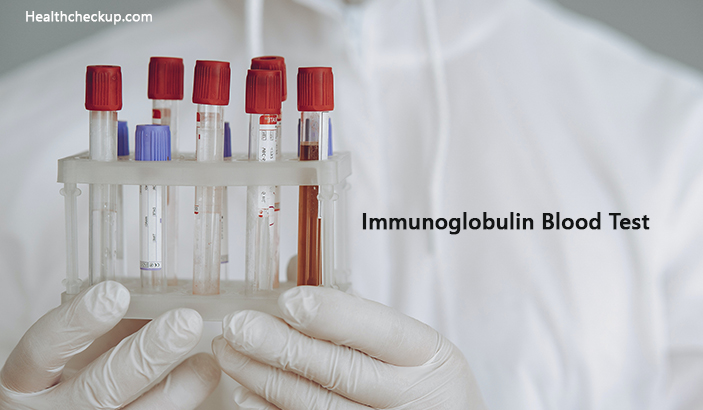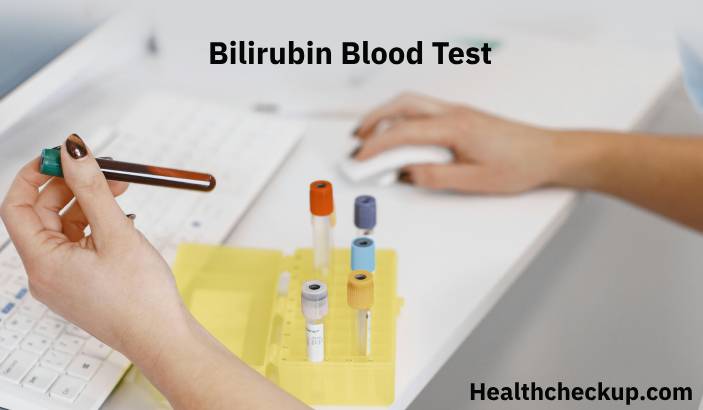Immunoglobulin blood test, this is the most searched term in Google following the pandemic-COVID-19. The reason is quite understandable but what is an immunoglobulin blood test and what is an immunoglobulin blood test normal range? Knowing these terms will help you understand your immunity levels and the percentage of antibodies present in your body.
What Is An Immunoglobulin Blood Test?
This is the test that measures the number of immunoglobulins present in the blood. These immunoglobulins are also called antibodies-a type of proteins and come in different types. They fight against bacteria, allergies and viruses to keep the body healthy.
Usually, an immunoglobulins test is of 3 types called IgG, IgM, and IgA. If these tests are high or low it indicates some kind of health issue.
This test is also called by other names like quantitative immunoglobulins, total immunoglobulins, IgG, IgM, and IgA testing.
Types Of Immunoglobulin Blood Tests
As said above, types of this test are mainly three but also include Immunoglobulin E (IgE) and Immunoglobulin D (IgD) tests.
1. Immunoglobulin A (IgA)
This immunoglobulin is found in the digestive tract and respiratory system in addition to tears, breast, breast milk and saliva. This test is done when a person faces issues with respiration and digestion.
2. Immunoglobulin G (IgG)
It’s the commonly found antibody and is found in blood and other fluids in the body. It is done to measure the immunoglobulin G range present in the body and also to know about infections if any present.
3. Immunoglobulin M (IgM)
Immunoglobulin M is mainly present in blood besides lymph fluid. This test is done to know the amount of immunoglobulin M range in the body and also to know high or low levels of other antibody types in the body.
4. Immunoglobulin E (IgE)
This antibody is also found in blood but in less quantity based on the body’s response to parasites there may also be high amounts. This test counts the immunoglobulin E range.
5. Immunoglobulin D (IgD)
This usually develops in serum but less quantity. The test is done to know the amounts of this antibody present in the body. However, it is the latest entry and more studies are needed to better understand this antibody’s role.
Why Is This Test Done?
This test is highly useful in knowing the number of different antibodies present in the body in addition to diagnosing different health, including;
- Immunodeficiency, a condition that lowers the body’s capacity to combat diseases and infections.
- Bacterial or viral infections.
- An autoimmune disorder like lupus or rheumatoid arthritis.
- Few cancer types like multiple myeloma.
- Newborn health status and infections if any.
How Is The Test Done?
The test is simple and a blood sample is collected from a vein in the arm which is then stored in a vial or test tube for tests to be done.
What Does High And Low Immunoglobulin Level Mean?
If the tests show something other than normal then it should either be a high or low level of immunoglobulin presence. Now, what do these two mean?
If you have low levels then it indicates;
- Bacterial or virus infections
- Diarrhea
- Sinus & lung infections
- Presence of immunodeficiency in the family
And coming to high levels it indicates chronic illness, autoimmune disease, infections, or some form of cancer. Symptoms of these conditions vary greatly.
Immunoglobulin Blood Test Normal Range
Defining immunoglobulin blood test normal range depends on many factors like age, sex, habits, health condition and so on. However, according to Portea the IgG normal range for newborns that is 0-12 months is between 231-1411 mg/dL and the IgG normal range for people aged above 19 years is between 700-1600 mg/dL.
Now and then it is better to go for an immunoglobulin test as you can know if you’re in the immunoglobulin blood test normal range or you are having some high or low levels of antibodies. Proper tracking will help your doctor analyse your health condition when you fall sick. However, despite going for the test or not, trying to maintain a healthy lifestyle with good eating habits as immunity is directly dependent on how good your lifestyle is. Proper immunity is very much needed to fight not only daily ailments but also serious health issues like cancers.

Sudheendra is a passionate blogger for 8 years and holds a Degree in Journalism & Mass Communications. His writings particularly focus on health, medicine, diet & lifestyle. For him, everything that interlinks and relates to health & medical world entices him. His write-ups aim at educating people not by just giving facts but by infusing human touch.








